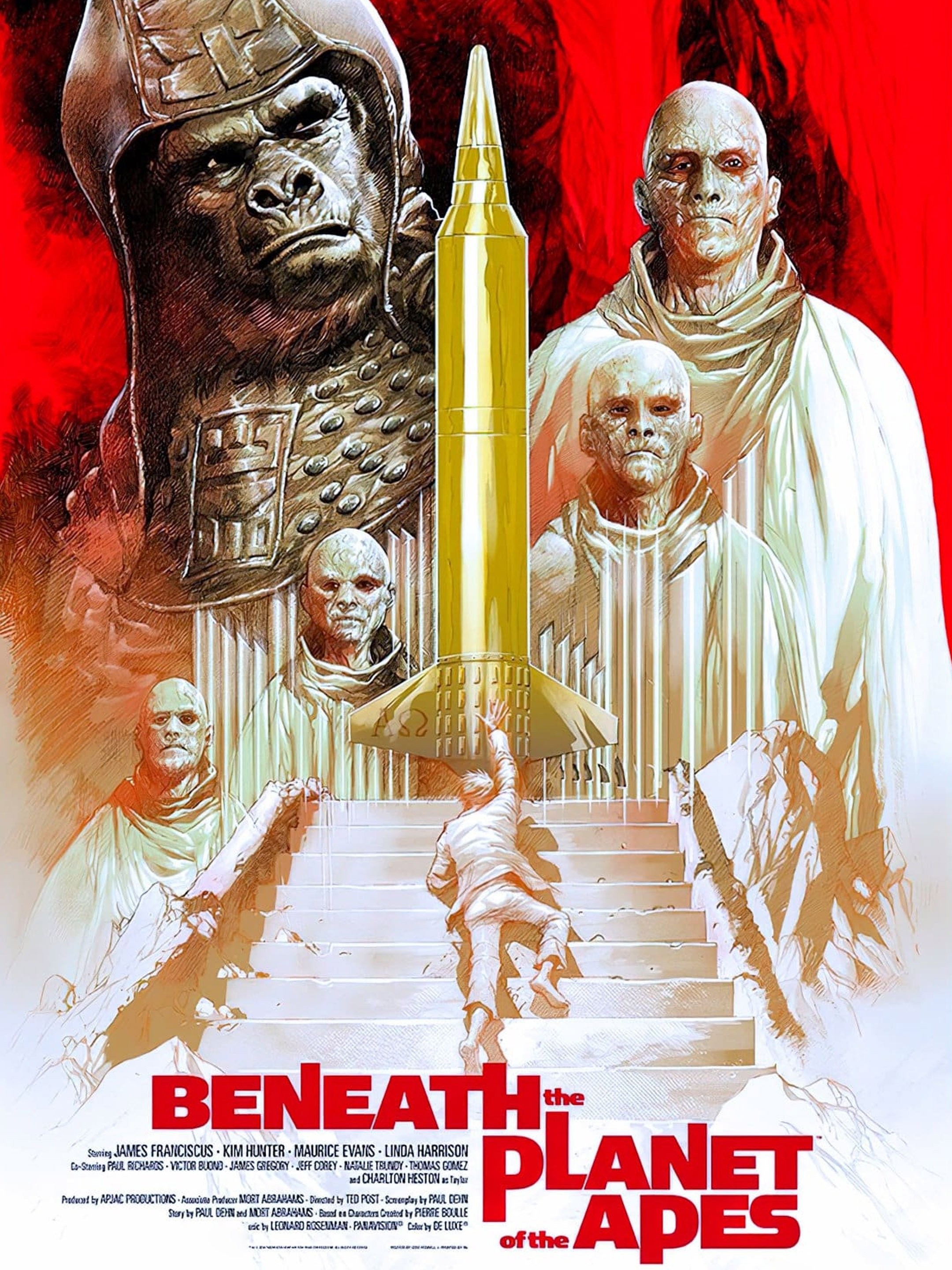Few film franchises grip the imagination quite like "Planet of the Apes." From Charlton Heston's iconic "damn you all to hell" to Andy Serkis's motion-capture brilliance as Caesar, the series has consistently provoked reflection on humanity, civilization, and our place in the world. But how have these films fared critically? Let's journey through the "Planet of the Apes" series, using Rotten Tomatoes as our guide to navigate its cinematic landscape.
Rotten Tomatoes, for the uninitiated, serves as a digital Colosseum where film critics clash thumbs up or down. Each film's score reflects the percentage of positive reviews, offering a snapshot of critical reception. By examining the "Planet of the Apes" franchise's performance on this platform, we gain fascinating insights into the series' evolution, its highs, its lows, and its enduring legacy.
The original 1968 film, a groundbreaking work of science fiction, enjoys a Certified Fresh 88% rating. Critics praised its thought-provoking themes, allegorical storytelling, and Heston's powerful performance. This initial success spawned a series of sequels throughout the 1970s, with varying degrees of critical acclaim. "Beneath the Planet of the Apes" (43%) and "Escape from the Planet of the Apes" (70%) offered intriguing twists on the original premise, while "Conquest of the Planet of the Apes" (46%) and "Battle for the Planet of the Apes" (17%) met with less favorable responses.
Tim Burton's 2001 remake, starring Mark Wahlberg, holds a 45% rating, highlighting the difficulty of reimagining a classic. While visually impressive, it faced criticism for lacking the thematic depth of its predecessor. Then came the reboot trilogy, beginning with "Rise of the Planet of the Apes" (2011). Earning an impressive 82%, this origin story, fueled by Andy Serkis's motion-capture performance and compelling narrative, revitalized the franchise. "Dawn of the Planet of the Apes" (2014) continued the upward trajectory, garnering a 90% rating for its stunning visuals, nuanced character development, and exploration of complex themes like empathy and prejudice.
"War for the Planet of the Apes" (2017) concluded the trilogy with a powerful and poignant finale, earning a 94% rating and solidifying the reboot as a critical and commercial triumph. Analyzing the "Planet of the Apes" series through the lens of Rotten Tomatoes reveals a fascinating trajectory. From the groundbreaking original to the reboots' critical acclaim, the franchise has weathered its share of ups and downs, reflecting the evolving landscape of science fiction and the enduring power of stories that challenge our perspectives.
Beyond the numerical scores, exploring the individual reviews offers valuable insights. Critical responses often highlight the strengths and weaknesses of each film, providing a deeper understanding of the franchise's evolution. Analyzing common threads in these reviews can illuminate recurring themes, directorial styles, and the changing perceptions of the franchise over time.
Advantages and Disadvantages of Relying on Rotten Tomatoes
| Advantages | Disadvantages |
|---|---|
| Provides a quick overview of critical reception. | Oversimplifies complex critical responses into a single score. |
| Offers a historical perspective on a film's reception. | Doesn't always reflect the nuances of individual reviews. |
| Can spark discussions and debates about film quality. | Can be influenced by marketing and hype. |
Examining the "Planet of the Apes" franchise through its Rotten Tomatoes scores is just one facet of appreciating its impact. While these scores offer a glimpse into critical reception, they should be considered alongside individual reviews, cultural impact, and personal interpretations. Ultimately, the "Planet of the Apes" films continue to resonate because they challenge us to confront complex questions about humanity, prejudice, and the future of our species.
Double the impact matching profile pictures pinterest and your online presence
Unlocking the world of poetry for tweens
Decoding the ea fc 24 ultimate team web hub
Planet Of The Apes 2024 Rotten Tomatoes - You're The Only One I've Told
Our Planet II Season 2 - You're The Only One I've Told
War for the Planet of the Apes Trivia With Fans: Exclusive Interview - You're The Only One I've Told
Dawn of the Planet of the Apes: Trailer 3 - You're The Only One I've Told
Planet Of The Apes 2024 Rotten Tomatoes - You're The Only One I've Told
War for the Planet of the Apes - You're The Only One I've Told
How Much Kingdom Of The Planet Of The Apes Cost To Make & What Box - You're The Only One I've Told
Behind the Planet of the Apes Pictures - You're The Only One I've Told
planet of the apes series rotten tomatoes - You're The Only One I've Told
Kingdom of the Planet of The Apes Rotten Tomatoes Score, Box Office Is - You're The Only One I've Told
'Kingdom of the Planet of the Apes' Wraps - You're The Only One I've Told
Beneath the Planet of the Apes: Trailer 1 - You're The Only One I've Told
Kingdom of the Planet of the Apes - You're The Only One I've Told
Planet of the Apes - You're The Only One I've Told
Kingdom of the Planet of the Apes: Extended Preview - You're The Only One I've Told









